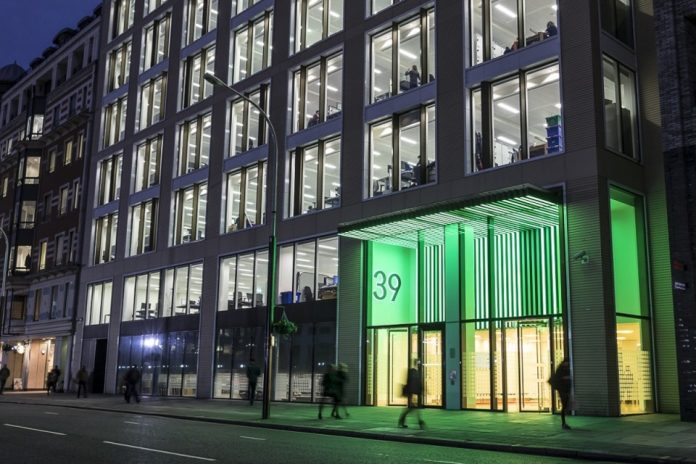We have faced several grave moments during our battle against coronavirus. But right now, the country is perhaps facing the most serious yet.
The new, more transmissible variant of this disease is spreading rapidly across the country and having tragic consequences. On Monday the 4 UK Chief Medical Officers and the NHS Medical Director recommended raising the national alert level to the maximum of level 5 for the first time. This means that without further action there is a material risk of our healthcare services being overwhelmed within 21 days. Since then the situation has deteriorated further.
Hospitals are always busy in the winter but the NHS in some parts of the country is currently facing the most dangerous situation anyone can remember. If the virus continues on its current trajectory many hospitals will be in real difficulties, and very soon. This means that the time people wait for care will continue to increase to potentially unsafe levels, hospitals won’t have room to take redirected emergency cases in regional networks, staff to patient ratios which are already stretched will become unacceptable even in places likes intensive care. There will be avoidable deaths. NHS staff are doing their absolute best, and working remarkably; we all owe them a huge debt of gratitude, but even they have limits.
The public have made an extraordinary effort so far. Of course we are all tired of restrictions, but we need to find the collective strength to get through this critical stage and save as many lives as we can. The advice right now is unambiguous: to drive the numbers down, we must stay home except for work, exercise and essential activities. Every unnecessary interaction you have could be the link in a chain of transmission which has a vulnerable person at the end.
These restrictions will not last forever. Science has delivered new vaccines, drugs and tests, with more on the way, in record time. People will be reunited. Vaccines and new treatments offer us hope and a clear way out. But we are not there yet, and should not act as if we are.
We still have weeks to go before vaccines will start reducing COVID deaths and, some weeks later, the number of people being hospitalised. We cannot afford to let our justified optimism for the future come at the expense of difficult action today. That means for now staying home and avoiding all unnecessary contacts. By following the rules, we will save lives and help normal life return more swiftly.







